Tap In Fee: For its supplemental air-conditioning system, the charge to a tenant for the right to tie into a building’s condenser water loop. Generally between $1,500 to $5,000.00 in some markets. Sophisticated tenant advocates will attempt to negotiate for no tap-in fee, a reduced rate and/or payment of the fee in monthly installments over a one (1) to two (2) year period.
Temporary Certificate of Occupancy: A document issued by the local building department that temporarily enables legal occupancy or partial occupancy of a building or space before the construction or renovation project is fully completed, provided that the designated portion to be occupied is sufficiently completed so that it may be safely used for the purpose intended.
Tenant Change Order | Change Order(s): A request by a tenant for a “change” to be made at some point between the completion of the construction documents, the commencement of the work and the ultimate completion of that work. Reasons for change orders can include, but not be limited to, conditions discovered in the field during construction that a landlord or tenant has to deviate from the original construction plan, or it can simply be a case of the tenant changing its mind and deciding that it desires to have a piece of work performed to its space that it otherwise did not contemplate at the time it approved of the construction documents.
Tenant Delay(s): An act by the tenant that prevents the landlord from completing a requirement (e.g., completion of landlord’s work) or providing its consent under the lease. As a consequence of a tenant delay, it may extend the time a landlord has to complete its work, excuse its breach and/or allow the lease commencement date to be accelerated.
Tenant Extra Work (Clause): If a landlord is going to be building out a space for a tenant and the tenant ultimately decides that it wants work to be performed by its landlord over and above that to be performed in the work letter by the landlord, many tenants will choose that they might as well have the landlord perform such extra work as opposed to going out and hiring a separate contractor to do so. In such cases, most landlords will consider that tenant extra work to be subject to the same rules and conditions that the landlord establishes for change orders.
Tenant Improvement Allowance | Tenant Improvements: The agreed upon amount, often expressed as a specified sum or amount per square foot, that a landlord is willing to (1) spend on the build-out of a tenant’s space or (2) contribute financially to a tenant for the tenant’s construction of its space.
Tenant Work Or Tenant Alteration (Clause): The myriad of rules, terms and conditions under which a tenant may perform alterations within its space. Examples include but are not limited to (1) securing landlord’s consent to the work being performed, the contractors performing the work, the construction documents prepared and the type of work that ordinarily cannot be performed (e.g., structural), (2) a tenant providing its landlord with (i) building permits, proper certificates of insurance prior to the commencement of any work, and potentially a performance and payment bond or other financial comfort to ensure that the work commenced will in fact be completed and paid for by the tenant, (ii) lien waivers and (iii) proper sign-offs for the work performed from all governmental or quasi-government authorities having jurisdiction over the work.
Termination (Right(s)): The right by either a tenant or a landlord to bring the lease term and contractual relationship between a landlord and a tenant to an end prior to the pre-established lease expiration date.
Time of the Essence: A phrase in a contract essentially meaning that performance by one party at or within the period specified in the contract is necessary to enable that party to require performance by the other party, so that failure to act within the time required constitutes a breach of the contract.
Trade Fixture(s): Personal property and equipment of the tenant used in connection with the conduct of its business (which may or may not be attached to the leased property) but which are generally removable by the tenant at the end of the tenancy.
Triple Net Lease (“NNN”): A lease wherein, from and after the lease commencement date, the landlord shall receive a net return from the premises (or the entire building) equal to the base rent, without deduction for any expense or charge for the premises or the building (except as may otherwise expressly be provided for (if at all) in the lease). Furthermore, the tenant will be required to pay all expenses, of every kind and nature, relating to or arising from the premises or building, including real estate taxes and expenses arising from the leasing, management, operation, maintenance, repair, use, or occupancy of the premises or building (and all construction relating to thereto), except as otherwise expressly provided for in the lease.
Turnkey | Turn Key | Turn Key (Project/Build-out): When the contribution by a landlord covers the entire cost of the build-out, that is generally referred to as landlord delivering the premises to a tenant “turnkey.” A space can be delivered “turnkey” when the landlord builds out a space according to agreed upon specifications, at its sole cost and expense, such that the tenant can figuratively move into the space with nothing more than its files, computers, furniture and toothbrush.

